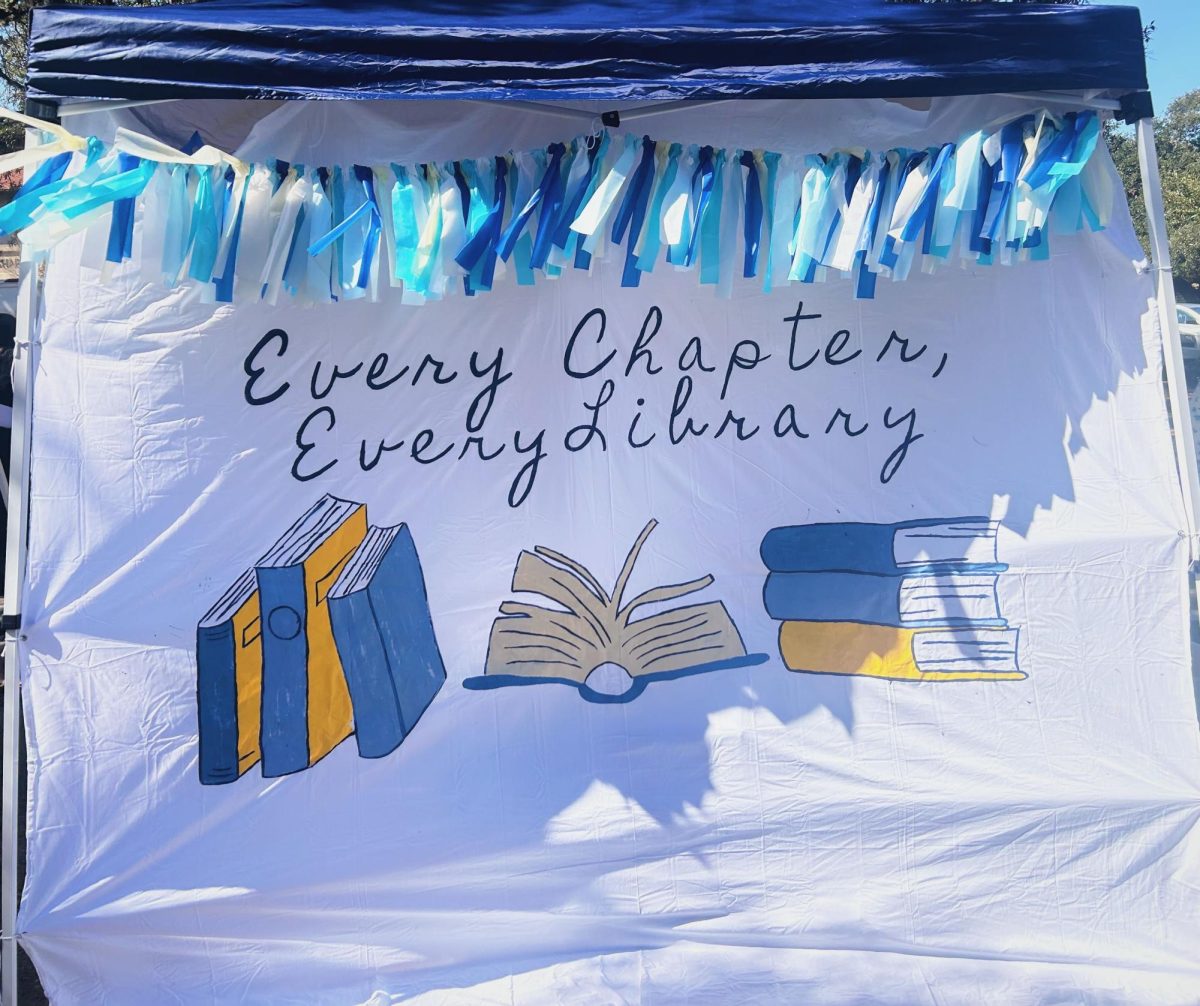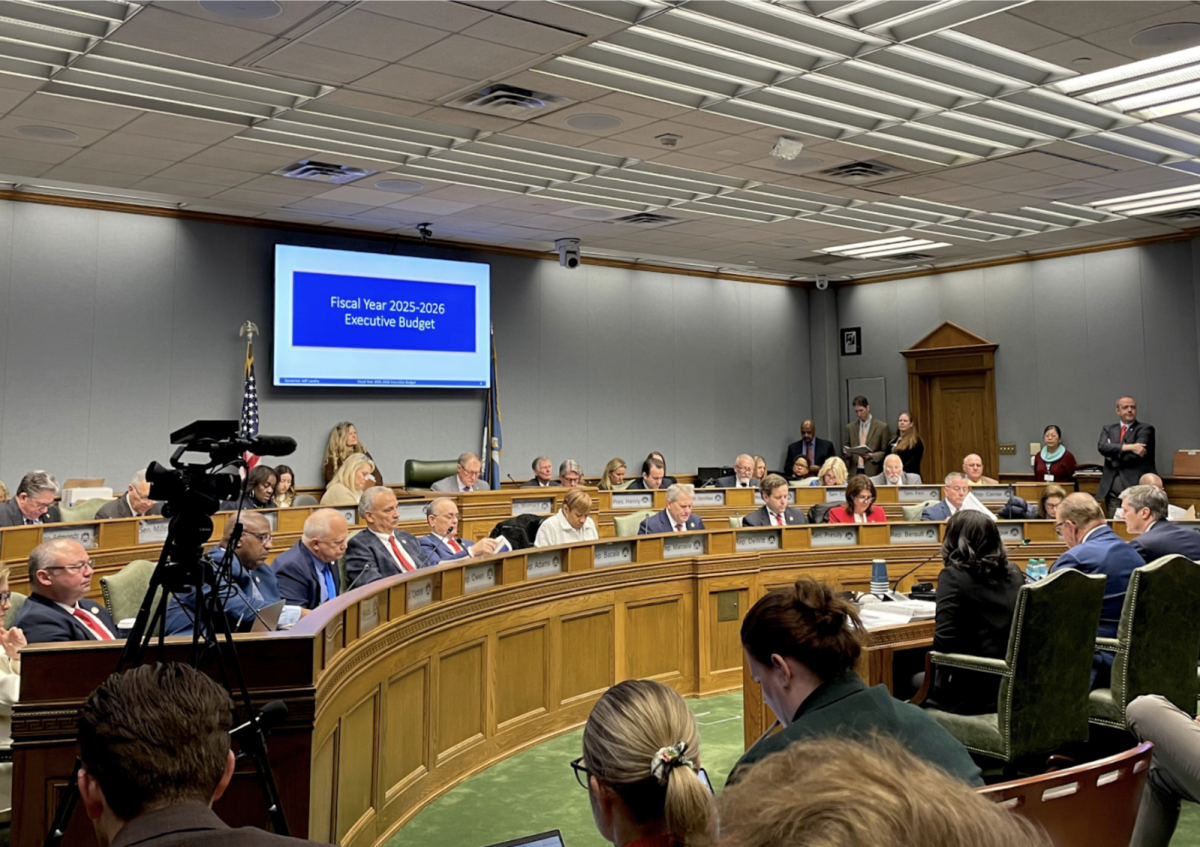The University has seen increasing numbers of violations against the Digital Millennium Copyright Act from 64 violations last calendar year to 93 violations already in 2011 as of March 24, according to Information Technology Services.
Students caught illegally downloading files — like music, movies and software — are charged a $50 fine per offense.
ITS receives the complaints, finds and fines students charged with the DMCA notifications.
Sheri Thompson, IT planning and communications officer, said the University usually handles violations internally, but students are subject to prosecution by the Recording Industry Association of America and the Motion Picture Association of America, should they choose to pursue those offenders.
“A lot of people think that it’s not a big deal, and it is,” Thompson said. “We want people to understand that downloading or uploading songs or movies is illegal. There’s a problem with students doing that, and we wish these measures weren’t necessary.”
Each downloaded, copyrighted piece of material counts as one offense.
Students may have their Internet access revoked until removal of the illegal content is confirmed and the fine is paid, said Azim Ashraf, ITS security manager.
Second offenders are sent to the Dean of Students’ office in addition to paying the fine. Third offenders may have network privileges revoked for that semester and have to pay the fine and see Dean of Students again, Thompson said.
Thompson said media files are the type most often illegally downloaded.
“We had one person several years ago who downloaded pirated software he could have gotten free on TigerWare,” Thompson said.
Ashraf explained how ITS receives notification from a legal department with a timestamp and IP address. ITS uses that information to find the offender, notify him or her and take action. Ashraf said hours are spent tracking and handling each offender.
“My department, I would say, it would easily take upwards of two hours per offense,” he said.
Ashraf said the methods of consequence are effective. Usually, first offenders don’t show up again, there are rarely second offenders and almost never third offenders.
Michael Vincent, economics sophomore, has been caught twice for DMCA violations.
About two weeks after illegally downloading a movie through the Ethernet connection in his dorm room, Vincent found the connection had quit working. After calling ITS for technical support, he found out why.
Vincent filled out a form with Residential Life, deleted the illegal content and paid the $50 fine.
After his second offense, also an illegal movie download, Vincent had to meet with the office of Student Advocacy and Accountability and take an ethics and decision making class, in addition to being put on deferred suspension and paying another $50 fine. Vincent said the consequences are harsh but could be worse.
“As far as consequences go, the University was pretty lenient in terms of what I have to do,” Vincent said. “I had to write a few page paper due during finals week, but it’s better than being in court.”
_______
Contact Morgan Searles at msearles@lsureveille.com
Downloading violations increase on campus
May 4, 2011





